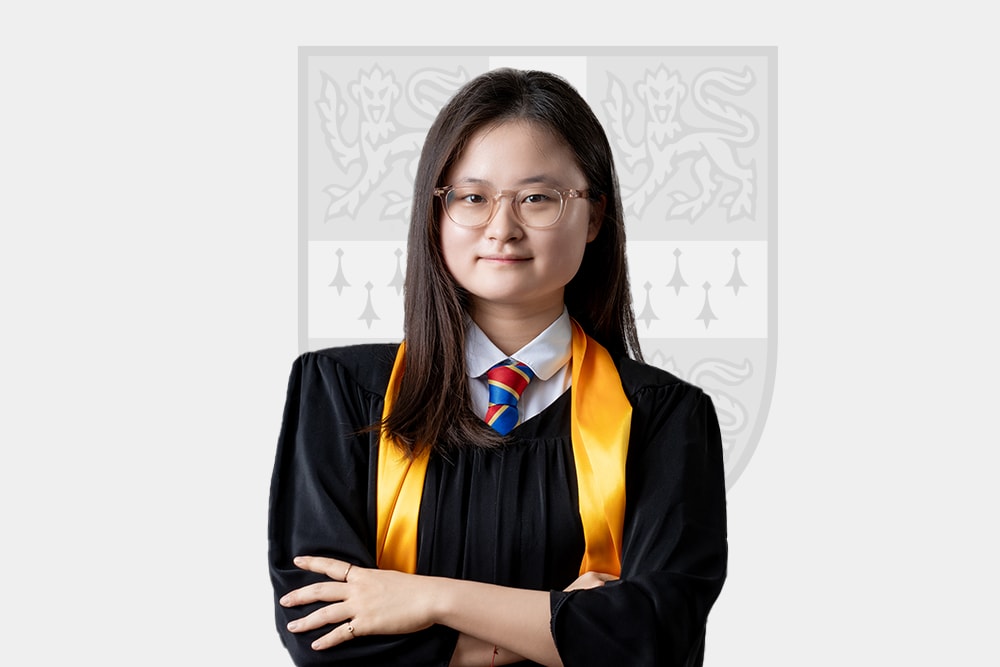At CIS, our students sit AS Levels in Year 12 and A Levels in Year 13. This curriculum is a huge step up from what has been studied before and very much paves the way to what is expected at university. Universities and employers value A Levels because they show both subject mastery and academic skills like analysis, critical thinking, and problem-solving.
Students are expected to do a lot of self-directed learning outside of lessons—reading, research, essays, and practice questions. Some describe A Levels as the hardest exams they’ve ever done because of the depth and independence required. They are very rewarding, as you focus on subjects you actually enjoy and need for your future. STEM subjects (Maths, Chemistry, Physics) often require lots of problem-solving and practice. Humanities and Language subjects require essay writing and analysis.
Compared internationally, they’re considered rigorous—many universities worldwide accept A Levels as equivalent to high school diplomas plus advanced study. They are difficult, and the percentage of students achieving an A* at A Level (A is the highest grade at AS Level) varies between subjects. Year on year, there is very little difference in the number of students achieving an A*. In 2024, the percentages were as follows in the science subjects: Biology: A* = 13.5%; Mathematics: A* = 15.5%; Chemistry: A* = 13.8%; Physics: A* = 12.1%. To get a single A* is an achievement, but to achieve three A* grades in Biology, Mathematics, and Chemistry, as well as two A grades in AS Level Physics and General English, is truly outstanding. This is what CIS Tashkent student Sumin Bae did.
Here, she shares what motivated her and how she achieved what she did by answering a series of questions.
1. What is your biggest motivation?
My biggest motivation has always been laying the groundwork for my ultimate goal. Every step I take in my studies is with the vision of becoming a biomedical researcher and contributing to finding pharmaceutical solutions for currently incurable diseases.
2. Work schedules and routines
On weekdays, I made sure to rest briefly after school, then began my notes and homework after dinner. In the mornings, I used homeroom time for quick reviews of my notes before lessons. On weekends or during study leave, I aimed to complete all my work during the day so that I could enjoy my free time in the evenings, often by watching drama series.
3. Challenges you have overcome and how
One major challenge I faced was learning how to approach A-Level structured questions. It was difficult to fully understand what the questions demanded and how to craft precise answers. To overcome this, I wrote as much as I could initially, then carefully studied mark schemes and created separate correction notes. I revisited these notes multiple times until I became more comfortable with the exam structures.
4. Did you ever feel like giving up? What kept you going?
During exam preparation, the repetitive cycle of past papers and revisions was exhausting and sometimes made me feel like giving up. What kept me going was allowing myself to take short breaks and switch to different tasks, such as learning Russian vocabulary or watching drama series, to refresh my mind. After recharging, I was able to return to my studies with better focus.
5. What do you want to do and why?
My ultimate goal is to study biomedical sciences and become a researcher. I am deeply motivated by the possibility of contributing to medical breakthroughs, especially in developing pharmaceutical solutions for diseases that are currently incurable.
6. What helped you along the way?
I am very grateful to my A-Level teachers—Mr. Reese, Mr. Kenneth, Mr. Ryan, Mr. Dariusz, Ms. Sarah, and Mr. Evgeniy—who provided not only valuable resources and feedback but also encouraging words that guided me throughout my journey.
While working on her A Levels, Sumin was also an active member of MUN and Student Council, making sure academic success and extracurricular success complemented one another.
We thank Sumin for sharing her journey and wish her all the best in her future studies in Korea.




